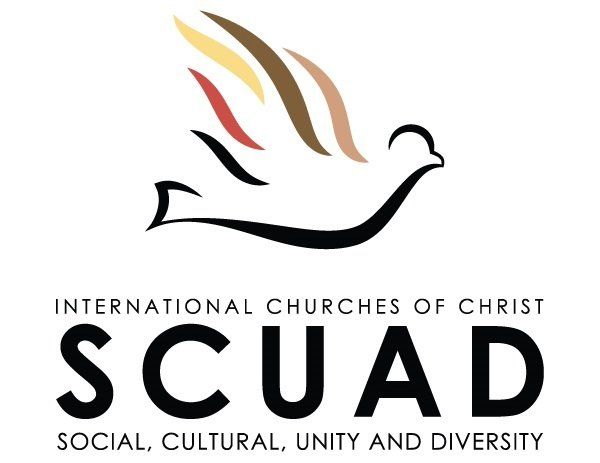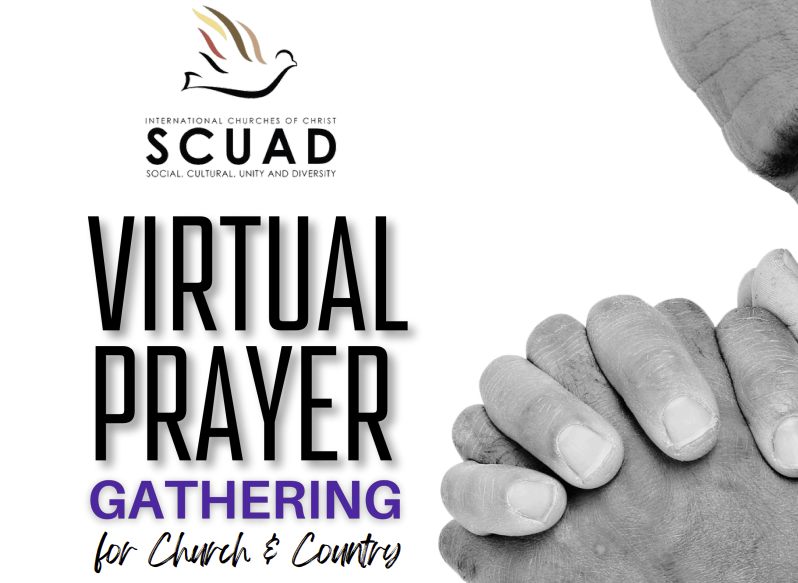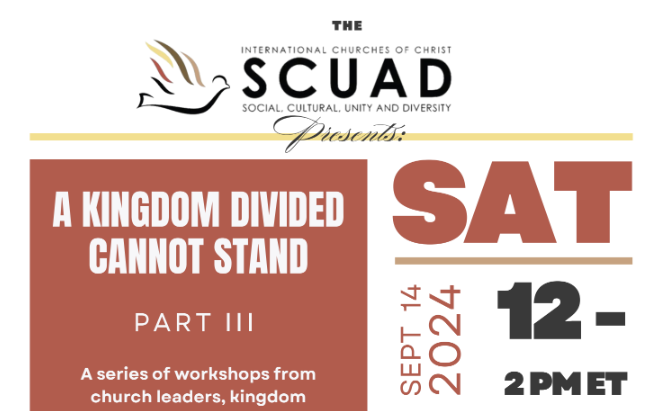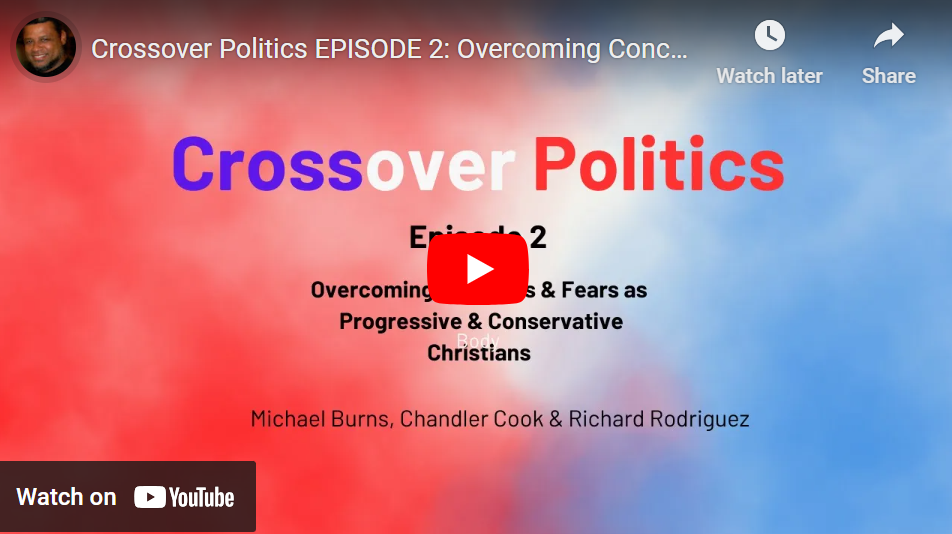Our Journey Toward Racial Unity: Part III
Editor's note: This article is the third part of a series describing the journey to focus on African-Americans in the Denver Church of Christ. Read Part I-II and Part IV-V. Chris Jacobs is an elder in Denver, and lived in Tokyo for many years, serving as an administrator for many of the Asian churches in our fellowship. These articles can be found on his blog.
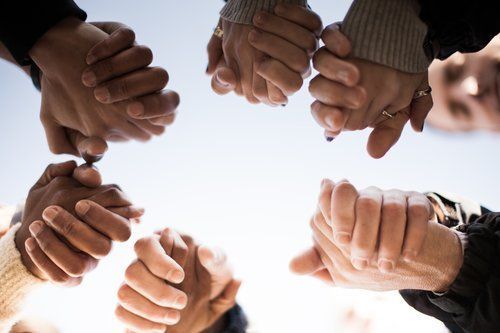
To the families of the fallen, the nation shares in your grief. Our pain cuts that much deeper because it happened in a church. The church is and always has been the center of African-American life — a place to call our own in a too often hostile world, a sanctuary from so many hardships.
Over the course of centuries, black churches served as “hush harbors” where slaves could worship in safety; praise houses where their free descendants could gather and shout hallelujah — rest stops for the weary along the Underground Railroad; bunkers for the foot soldiers of the Civil Rights Movement. They have been, and continue to be, community centers where we organize for jobs and justice; places of scholarship and network; places where children are loved and fed and kept out of harm’s way, and told that they are beautiful and smart — and taught that they matter. That’s what happens in church.
This description helps me to understand what church means in the African American community and I hope it helps you as well.
If we can take any encouragement from an event as tragic as this, it has been heartening to see the response of people of all races; coming to the support of the families of the victims, both personally and in prayer; and a call for the removal of symbols of racial bigotry, not just by blacks, but by those of other races and by both sides of the political isle. I remember in the 1960’s when there was great racial tension and even bombings in churches attended by blacks. At that time there was not a universal condemnation of these cowardly acts, by ignorant and evil people. When I see the contrast to today, I take encouragement. At the same time, we understand, we live in a fallen world – the spiritual battle between good and evil will not end until Jesus returns. And we eagerly anticipate that day.
The example of the families of the victims has also been a light shining in a dark place – rather than seeking revenge, they’ve have been obedient to the central message of the gospel in their willingness to forgive the shooter. May each of us take notice and be as quick to forgive whatever grievances we have toward one another."
The response to this reading, especially by our black brothers and sisters, was tearful and full of gratitude. All Americans of conscience felt the loss of those nine precious souls, but it struck me how deeply it was felt by blacks. Events like this understandably bring back horrifying memories of centuries of unjust and inhumane treatment by those in power. As a white man, I cannot completely understand what my black brothers and sisters feel, but I can be compassionate and sympathetic and let them know I am on their side. I also feel sorry that I had not been more sensitive and quick to understand and respond to this need expressed by our members.
